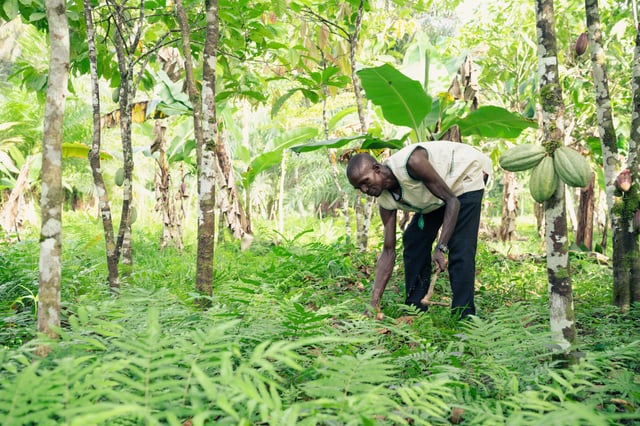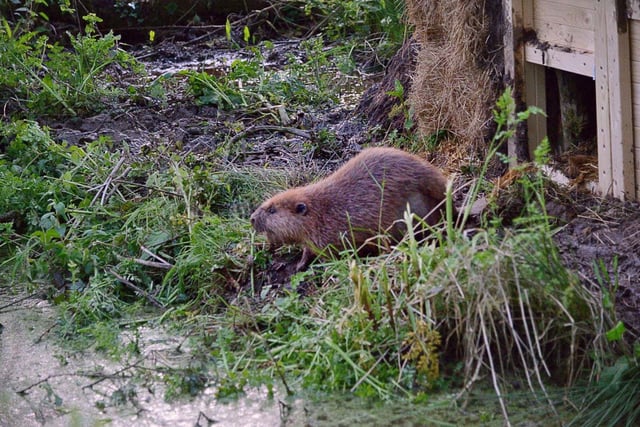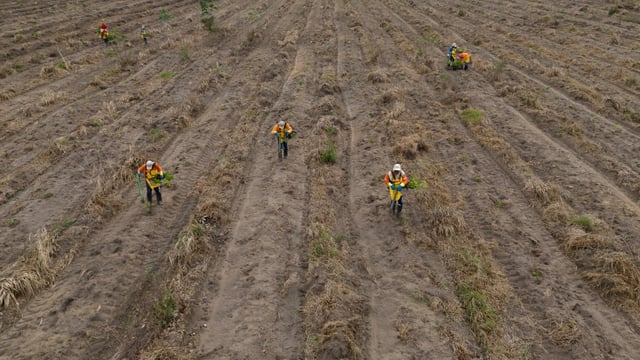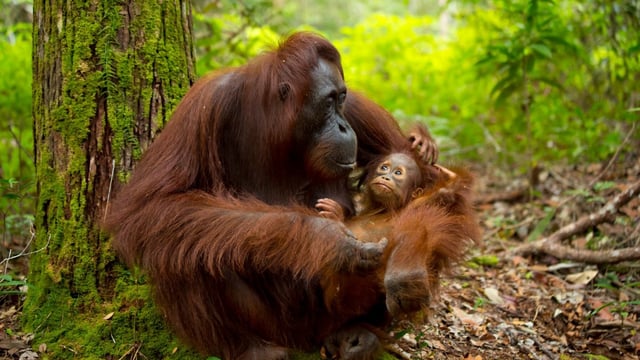Overview
- A study found that 24 high-income nations are responsible for 13% of global forest habitat loss outside their borders, disproportionately impacting tropical biodiversity hotspots.
- Consumption-driven deforestation for imports like beef, palm oil, and timber is linked to habitat destruction affecting 7,600 forest-dependent species, including critically endangered ones.
- Conservation efforts in wealthy countries, such as rewilding farmland, can inadvertently shift food and timber production to poorer, biodiverse nations, causing greater ecological harm.
- The concept of 'biodiversity leakage,' where conservation in one area displaces environmental damage to another, is largely unaddressed in global policies like the UN's Global Biodiversity Framework.
- Experts emphasize the need for targeted conservation, sustainable trade practices, and reduced demand for high-impact commodities to mitigate global biodiversity loss.



